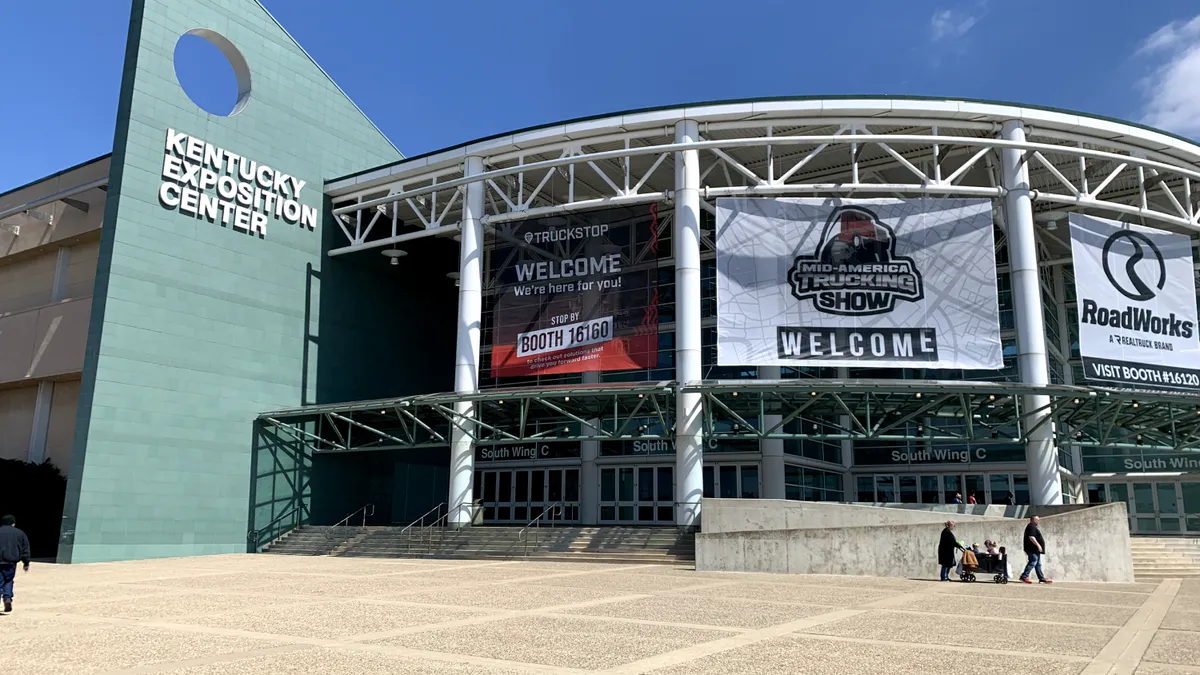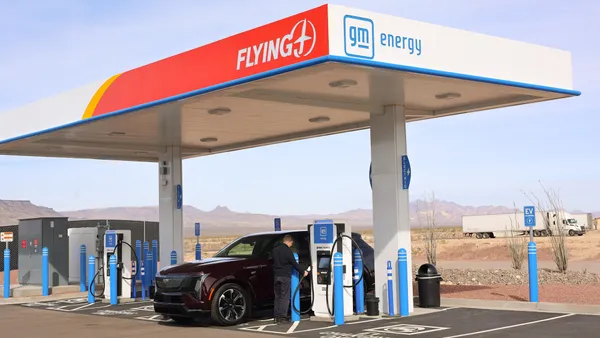A U.S. banking crisis could have significant implications for the trucking industry.
Inflation has already pressured trucking operations by driving up fuel, labor and other costs to record levels. Bank failures, credit freezes or lending pullbacks could directly affect fleets’ ability to offset those costs, as well as reshape M&A deals, experts said.
“What that could mean, of course, is that you've got less operational revolving credit, or that you can’t hire as many people as you’d like, [or] you can’t renew your fleet,” said J. Bruce Chan, an industry analyst and director of global logistics at Stifel. “Ultimately, this will be a headwind for overall trucking capacity.”
The extent of the challenges facing fleets will depend, with a carrier’s size, operations and financial position — as well as the severity of any worsening banking conditions — all coming into play.
“[It’s] very difficult to tell at this point, but it's certainly, in my view, a net negative,” Chan said.
Such concerns didn’t appear to discourage Knight-Swift Transportation Holdings from making waves with its announcement this week it will acquire beleagured U.S. Xpress Enterprises.
But liquidity challenges that could make large deals more difficult to finance are less likely to dash deals for small- and mid-sized carriers, said Spencer Tenney, president and CEO of trucking M&A firm The Tenney Group.
“We still think that the overall M&A activity will be high,” Tenney said. “The changes in the banking environment will likely have the most influence in the size and shapes that actually get done.”
Small businesses and owner-operators’ biggest exposure to a banking failure would be if their money couldn’t be accessed, even temporarily, said Lewie Pugh, executive vice president of the Owner-Operator Independent Drivers Association.
Small operations typically run on tight margins, so a customer’s accounts being affected could also have dire consequences, Pugh said.
“Where a big carrier, or even a midsize carrier, may have a lot of customers, an owner-operator may only have one or two,” Pugh said. “If one of their main customers [got] hit like this, it could really stifle their business.”













